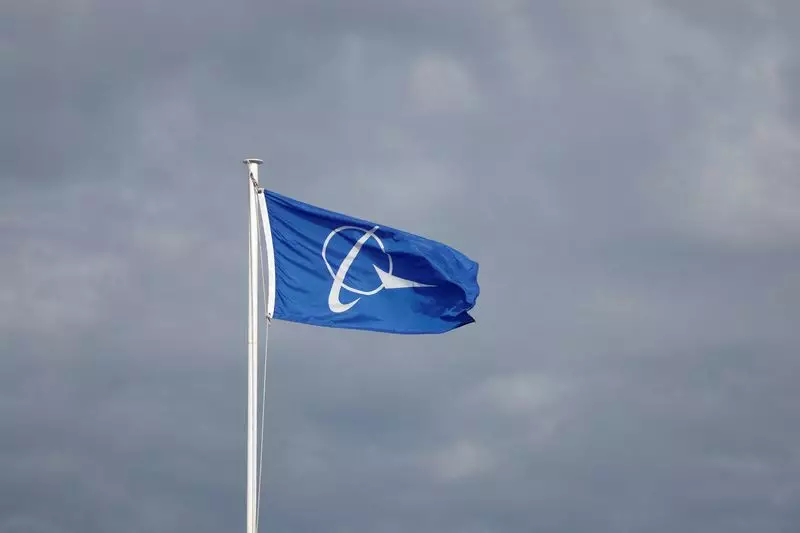In recent months, Boeing has found itself embroiled in serious legal challenges following disastrous incidents involving its 737 MAX aircraft. The company’s agreement to plead guilty to charges of conspiring to defraud regulators has drawn significant attention, especially concerning the implications of the associated oversight measures. A federal judge’s recent inquiry into the impact of diversity and inclusion policies within the Justice Department’s selection of an independent monitor has introduced an additional layer of complexity to this case, stirring discussions about ethics in corporate governance.
U.S. District Judge Reed O’Connor’s request for detailed insights into how Boeing’s diversity policies may influence the appointment of an independent monitor underscores the increasing emphasis on ethical conduct in corporate environments. The judge has mandated that both Boeing and the Department of Justice (DOJ) provide responses to specific questions by October 25, aiming to understand better how these policies align with the government’s commitment to integrating diversity within its practices. The reasoning behind this scrutiny reflects an evolving legal landscape where oversight is not merely a bureaucratic formality but a fundamental aspect of ensuring accountability.
Boeing stands to face severe consequences; the plea deal includes a hefty $487.2 million penalty and mandates an investment of at least $455 million over a three-year probation period to enhance safety and compliance practices. This serious financial repercussion indicates how regulatory bodies are tightening the screws on corporations with a history of misconduct—especially after the catastrophic events that led to the loss of 346 lives. The scrutiny surrounding the plea deal reveals a palpable tension: while Boeing seeks to extricate itself from the threat of a public trial, the victims’ families demand justice and accountability, advocating that the plea should not serve as a mere escape route for corporate negligence.
The situation captures a broader societal concern regarding corporate ethics. The judge’s remarks highlight an implicit understanding that Boeing’s past behavior has compromised public trust in both the airline industry and regulatory frameworks. The presence of an independent monitor is intended to restore confidence. However, the question remains—can diversity in oversight truly convert into effective monitoring? The incorporation of diversity and inclusion policies in selecting independent oversight is seen as vital for fostering a holistic perspective on compliance and ethics. This inquiry also reflects growing public expectations for corporations to operate transparently and ethically, particularly after incidents that demonstrate systemic failings.
As the legal proceedings continue, Boeing’s future will be significantly influenced not just by the outcomes of its plea deal but also by how well it can navigate the implications of oversight and ethical governance in a post-crisis landscape. The intersection of corporate accountability and social responsibility is at the forefront of public discourse, challenging businesses to redefine their frameworks in compliance and ethical practices. The court’s actions signal a deliberate pivot towards prioritizing ethical considerations, a move that could reshape Boeing’s reputation and influence its operational strategies moving forward. As we await the responses from both Boeing and the DOJ, one thing is clear: the stakes have never been higher, and the ramifications of these proceedings extend beyond the courtroom into the very fabric of corporate America.

